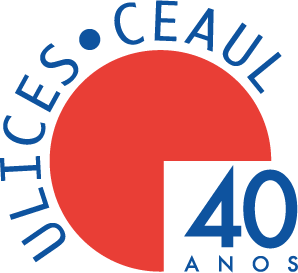Project Designation: Remembering the Past, Learning for the Future: Research-Based Digital Learning from Testimonies of Survivors and Rescuers of the Holocaust (ID 740639658)
Funding Entity: FCT
Principal Researcher: Zsófia Gombár
Research Unit: RG6
Partners: USC Shoah Foundation, Zachor Foundation, Eötvös Loránd University of Budapest, and the University of Luxembourg)
Duration: 2021-present
Funding: The project was funded for 15 months between 5 April 2021 and 4 July 2022 by the Fundação para a Ciência e a Tecnologia (FCT) via the Program Portugal and the Holocaust: Research and Memory, Special Support for R&D with the total funding of 33,656 EUR.
Website: https://holocaustinportugal.letras.ulisboa.pt
Overall description:
Via the international partnership (USC Shoah Foundation, Zachor Foundation, Eötvös Loránd University, and the University of Luxembourg), the University of Lisbon research team (RG6) has developed a suite of materials for educators and the general public and carried out related activities using testimonies from witnesses and survivors of the Holocaust through digital tools and with an innovative pedagogical methodology. The major achievements and key dissemination activities of the project include:
- In-depth research was conducted in the Visual History Archive of the University of Southern California’s Shoah Foundation (a video archive that contains 58,957 video testimonies of survivors and rescuers of the Holocaust).
- Six digital testimony-based educational activities were developed and published on the IWitness platform in European Portuguese.
- A Portuguese-language microsite was created on the IWitness platform for all developed content containing all resources.
- Three teacher training courses were held (with an innovative methodology of teaching about the Holocaust with testimonies).
- The teaching materials were evaluated and tested (with students).
- Two testimony-based local history programs were created and published in the international free-of-charge mobile application of the USC Shoah Foundation (IWalk). The app allows a self-guiding conduct, but it can be guided by experts.
- Two dissemination events were held for the local history walk programs.
- The team maintains strong ties with teachers and Holocaust educators through the Portuguese association Memoshoá. They give training sessions and visit schools to spread awareness of the Holocaust.
- The team’s long-term objective is to establish a permanent, accredited university-based Holocaust course for university students and teachers.



